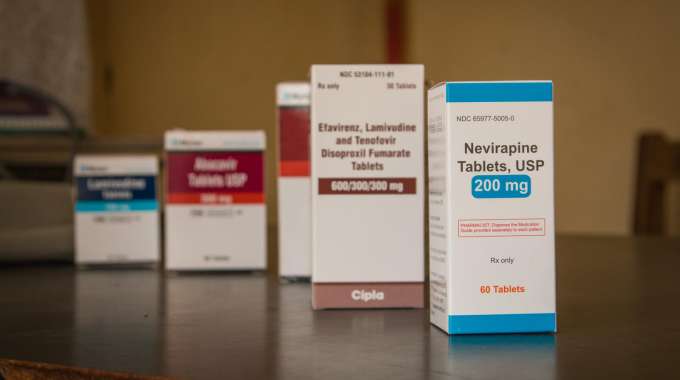Nevirapine shortage plunges mothers into panic

Paidamoyo Chipunza Senior Health Reporter
A national shortage of a key preventive medicine, Nevirapine, has heightened the risk of pregnant HIV-positive mothers passing the virus to their children.
Information gathered by The Herald showed that Nevirapine syrup for neonates, which should be administered to babies within 72 hours of birth, has been in short supply countrywide since last year, with health institutions handling a large number of deliveries worst affected.
As of yesterday, some of the institutions were giving mothers prescriptions to buy the drug from pharmacies.
“When I was coming for antenatal care, they told me that the child would receive a syrup soon after birth, which should be taken throughout the breastfeeding period to reduce chances of him acquiring the virus from me. No drug was given to the baby upon delivery.
“Instead, I was given a prescription to go and buy the tablet from pharmacies upon discharge from the hospital,” said one of the affected mothers who spoke on condition of anonymity.
She expressed concern over the shortage, saying she was now afraid of transmitting the virus to her baby since she only managed to procure the syrup days after she had been discharged.
In public health institutions, Nevirapine for neonates is given free of charge, but in the private sector it costs an average of $20.
Secretary for Health and Child Care Dr Gerald Gwinji said Government has since received 63 000 units of the drug and supplies were expected to normalise.
He said the consignment came through on February 28 and should be enough for the next six months.
“The distribution of this product down to district level is being implemented. We had not completely run out as a country, but a few busy institutions had gone down to critical stock levels with some perhaps running out completely,” said Dr Gwinji.
He said considering the low stocks, some mothers could have been asked to buy the drug.
“We are now back to normal stocking levels and mothers who may be holding prescriptions are advised to check with their institutions,” said Dr Gwinji.
Without being specific on the cause of this shortage, Dr Gwinji said usually stock outs were as a result of disruptions arising from manufacturer issues, bottlenecks in the supply chain and foreign currency challenges.
“We regret any anxiety that this temporary situation may have generated in our expectant mothers on the Prevention of Mother-To-Child Transmission programme,” said Dr Gwinji.
The PMTCT programme is one of the country’s most successful programmes in the national response to HIV and Aids, which has managed to reduce chances of HIV transmission from mother to child to 5,8 percent.
Parent-to-child transmission remains the second commonest route of HIV transmission in Zimbabwe and the highest cause of HIV infection among children.











Comments